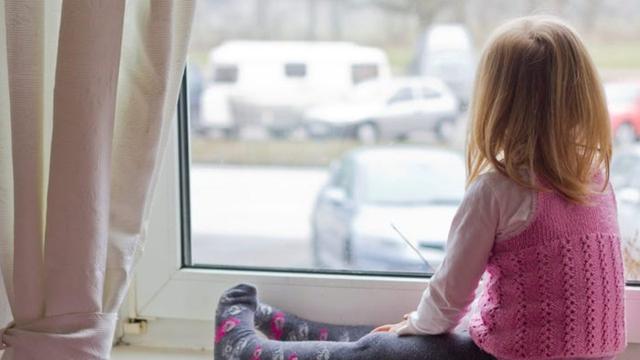As a gender specialist, I have seen children up to 3 years recognize that they are trans
Every time I talk about working as a gender specialist with trans young people, the question they ask me is: "But aren't they too young to know?"My brief answer is: no.
I studied the development of child gender identity, read the theories and reviewed the studies.However, the confirmation he obtained was to witness the joy and authenticity embodied with trans children.
I have seen children of only three years know what their gender is and how they identify.This is backed by the investigation.However, adults are often afraid and feel more comfortable believing that children are too young to know.
Parents, in a desire for certainty, prefer to believe that doctors hit.
Boys and girls know who they are
In the postgraduate school, I offered as a volunteer for the Aranutiq camp, which is for trans and non -compliant gender.His family weekends included children of only three years.Any time with them challenged disbelief in trans youth.
The parents described their sons and daughters as "safe", "social" and "alive" since they left the closet.They also honored their identity with a social transition: the change in the presentation of gender, name, pronouns, etc.
These children knew who they were.I would only want more adults to know themselves and not be so afraid of authenticity.
Research suggests that a child is clearly capable of labeling and identifying their gender.Often, before school age, they begin to experience greater gender stability.His basic gender identity does not change over time, according to a widely investigated psychological theory and originally proposed in the 1960s.

This stability increases in the early years of primary school as they experience greater gender record.This means that its gender remains the same through changes in gender expression.
A great example of this is to play disguise or other imaginary games in which they can know their own genre regardless of the clothes they wear or the role they are playing.
The genre develops between the age of three and 12 in all children
The gender development of transgender children between the ages of three and 12 is, at the most basic level, the same as that of the cisgender children.
More and more studies have shown that transgender children and not conforming to gender have the same confidence and consistency in their own gender identity as cisgender children.
Any identity confusion of which a caregiver is witnessing is due, with greater probability, to social expectations and to the desire to form, instead of a child hesitated about his own identity.
Many studies suggest that transgender children in preschool age are not significantly different from their cisgenero.
In a small study of trans young people from three to 12 years, the preferences of transgender children for toys, clothing and friends were more typically associated with their expressed gender.They also expressed greater feelings of similarity with their classmates of their own gender expressed.
On the other hand, research shows that children not satisfied with the genre that are identified as transgender later in life show more extreme in their disagreement than other children.
In a nutshell, the more a child identifies with the genre and expresses it, the more likely it is to make the transition.In addition, the results suggest that it is likely that children who make the social transition at an early age continue to be identified as transgender.
Children know themselves much more than adults believe and we must listen to them.
It is possible that your child goes through a phase of wanting to wear certain clothes or combing in a certain way, and that does not mean that it is transgender.
It means they are exploring their identity.It is essential that they have space and support to do so.If they do not, they are likely to do so anyway, but in secret.
As much as it seems that it is your job to know, it is not.Your work is to provide unconditional love and support.When it comes to gender, there are no guaranteed results.Your best bet is to listen to your child.
Something clear in the research that is: children who have the support of parents are happier, healthier and have greater self -esteem.
Rebecca Minor es una clínica judía queer y profesora asociada en la Universidad de Boston que se especializa en la intersección del trauma, el género y la sexualidad. Como especialista en género, Rebecca se asocia con jóvenes trans y no conformes con el género a lo largo de su transicióny es una guía para que sus padres lo afirmen. También ofrece entrenamiento y clases en línea para padres y familias que buscan orientación para ayudar a sus hijos a convertirse en ellos mismos.
Now read: Transgender models that are changing the industry
Also read: 20 professional athletes that are identified as part of the LGBTQ community










Related Articles